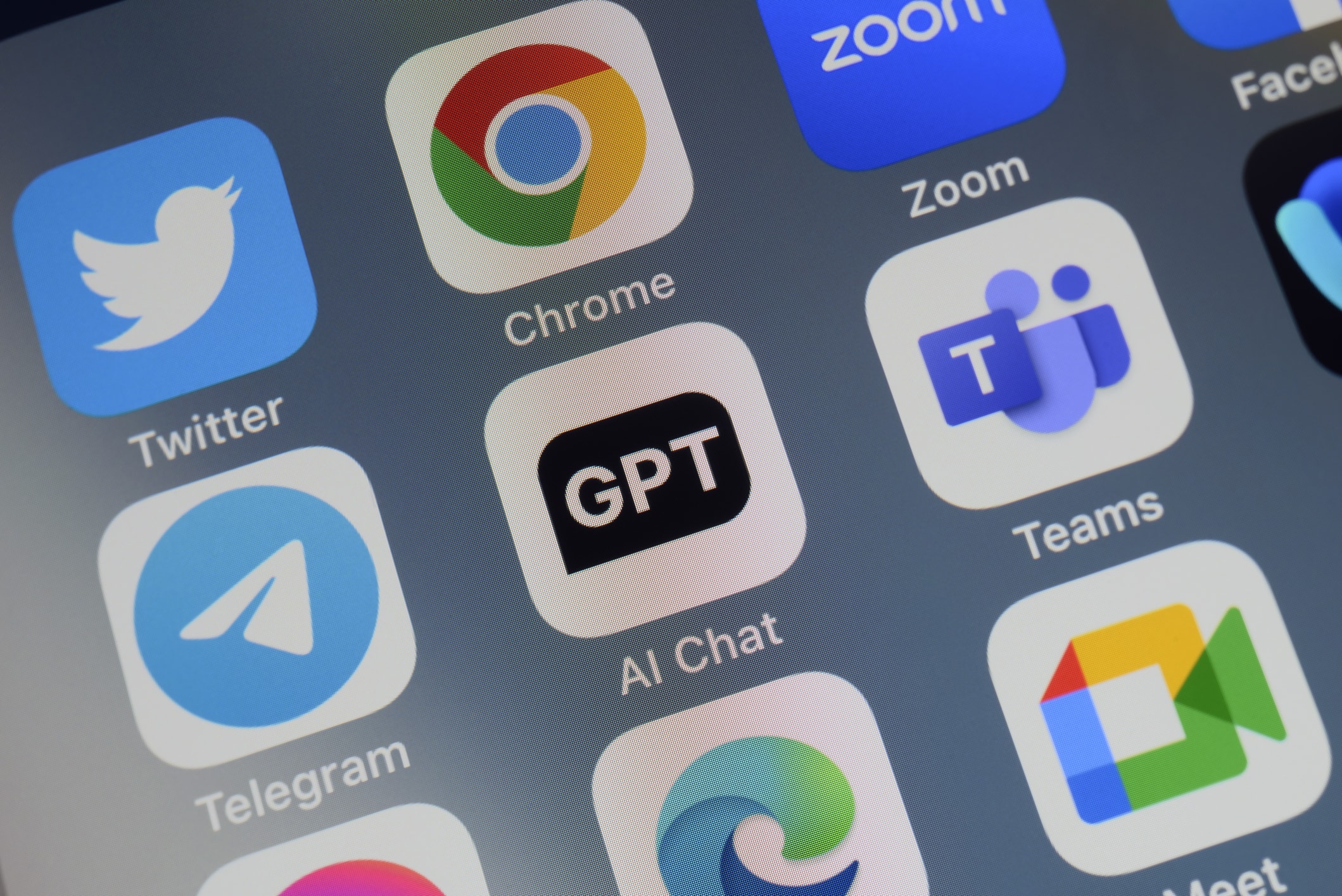Cannabis Email Service Updates Will Impact Email Marketing (Feb 2024)
In this article

Since the release of ChatGPT in late 2022, marketers have questioned whether such artificial intelligence technology can serve their content needs. Some have even wondered if it rises to the level of one of these much talked about AI SEO tools that can deliver magical results.
If you’re asking, is ChatGPT good for SEO, the answer isn’t straightforward. It can be useful in some ways, but its limitations make its usefulness tricky without considerable care and caution. Besides knowing when it’s appropriate to use AI generated content or when you can trust its output, its value as one of those SEO AI tools is questionable for a number of reasons.
To answer this question, let’s first consider what SEO can do for a cannabis business. SEO serves as a necessary marketing tool used to ensure a business website outranks others in the search index by providing a better experience during the search.
SEOs can navigate even the most imperfect search ranking algorithms with unique and high quality content. It can’t rely on duplicate information found on another site or outdated information updated by another. Instead, Google and other search engines rank distinct, user-generated content that is fresh and unique higher than other content. This is at the very core of what makes ChatGPT bad for SEO.
With the release of ChatGPT, many marketers believed the technology could help them meet big content creation demands, resulting in a pile of new content. But as the technology’s limitations emerged, it became clear why this would not serve SEO.
The way ChatGPT works when you ask it to write an article is it produces boilerplate content pulled from the sources it finds on the internet. The content is not original. It doesn’t offer specific and unique insights. It is a summary of content it searched and rewrote in a simple form.
Those are the very characteristics that often hurt SEO, leading to content scoring low and not showing up in searches that target audiences submit.
If all marketers used ChatGPT to generate content, there would be a lot of very similar content out there without differentiation. With everything so much the same, nothing stands out, which is the ChatGPT SEO effects. Because the content created will be so similar, it makes it difficult to outperform competitors. In some cases, it actually hurts your content with poor SEO if you use AI to generate it after a competitor has done the same thing.
Sameness kills SEO. Differentiation drives it.

Another big driver for SEO is first-hand experience and expertise. That’s why user-generated content is so valuable in search algorithms. The expertise and originality in that content is better regarded than more generic content.
ChatGPT cannot show that type of expertise or originality because it relies on existing content to make its own. This makes it very difficult, if not impossible, to rely on AI technology to create insightful, original content. That’s why the human touch is needed, a means of injecting unique insight and original information. This can come in the form of personal perspectives and experiences, which ChatGPT cannot provide; unique data from surveys or polls, which ChatGPT does not have access to; and original quotes or insights from subject-matter experts, which ChatGPT cannot obtain.
Without these elements needed to elevate original content, ChatGPT cannot serve SEO.
The very nature of the AI technology means that the chances are high that ChatGPT will plagiarize content. This is not only bad for SEO for the reasons stated earlier about unoriginal content, it’s bad for business to be caught stealing another company’s content.
It’s also become clear in recent months that ChatGPT often makes up information. Because the technology cannot differentiate good and bad information, or fact-check its sources, it is prone to inaccuracy. It also unexpectedly and without explanation just gets things wrong. It often provides out-of-date information, as well, because its current training is limited to content up until 2021. Anything updated after that is not available to the technology.
The technology has spread false conspiracy theories, fabricated academic papers, created fake quotes, misstated people’s policy positions, and shared political and medical lies. Because SEO relies significantly on authoritative and expert sources, ChatGPT prompts SEO actually could hurt your business because of these issues.

There are some ways that ChatGPT can be useful when creating content, assuming it’s seen as a resource and not a silver bullet solution.
First, it’s a great tool to help jumpstart writing. AI can help build an outline for a writer and offer suggestions to help them through the process. You can ask ChatGPT for a bullet point article outline on a topic, which helps structure the content, keep it focused and serve your needs. The writer must create the content by developing it from the limited outline, but ChatGPT helped start the process.
Second, ChatGPT can help brainstorm important elements in writing, like a headline. Its suggestions may not be perfect and may lack originality, but they offer a starting point for a writer to build on that ultimately leads to an engaging, unique headline.
Third, ChatGPT is useful for proofreading. The tool checks the work and can improve it by making it more concise, perfecting the punctuation, replacing run-on sentences and correcting grammar. It’s also good at rewriting sentences, offering several alternatives that a writer can choose to improve their content.
ChatGPT is also useful in writing regular expressions that can match complex patterns in a string of text. It’s not easy to write these, but it is for ChatGPT. It can generate a regular expression that matches any URL containing a certain word on a specific domain. It’s also helpful in working with basic website scripts, by editing or generating new ones.
Want to learn more about ChatGPT and SEO?
CannaPlanners © 2024